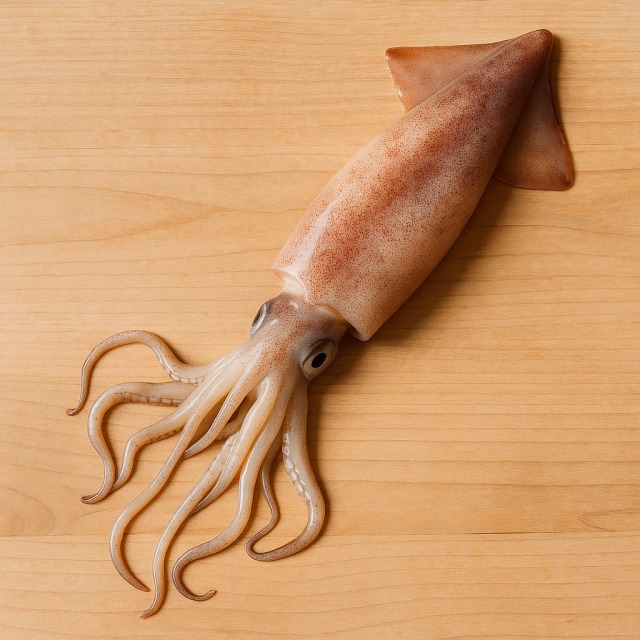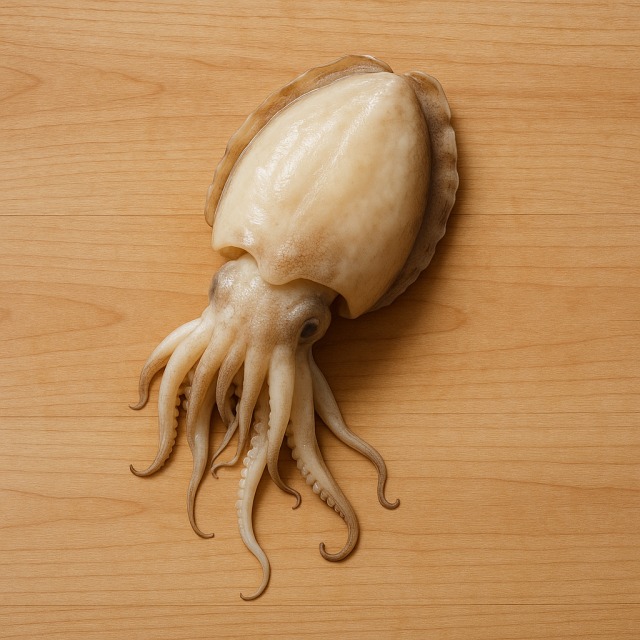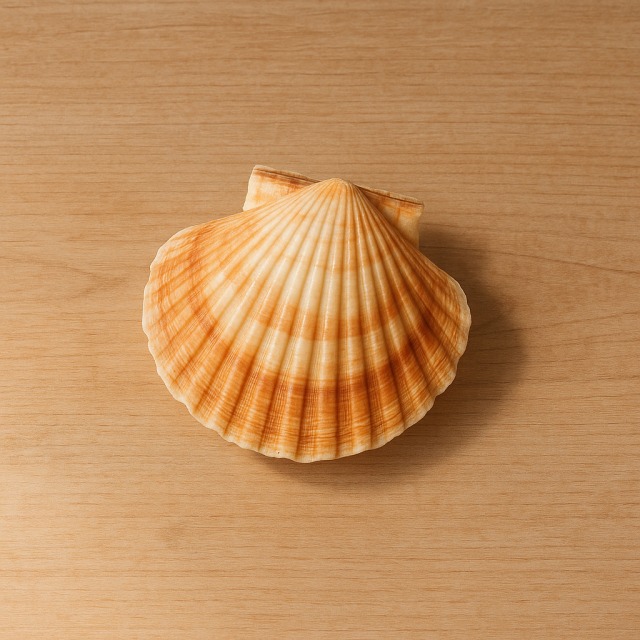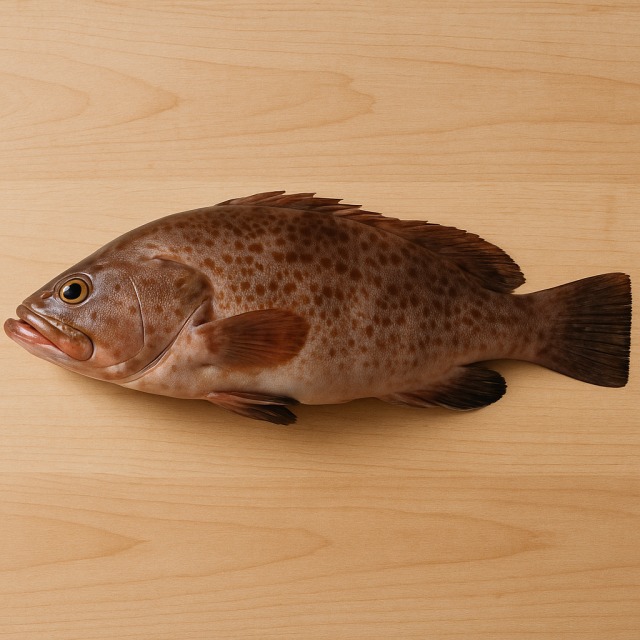Calorie Chart / Fish / Sea urchins
How Many Calories Are in Sea urchins?
Calculation of the nutritional value & Recommended Dietary Intake of sea urchins
For g and a calorie requirement of kcal
| Calories 3 kcal | Proteins 0.5 g | Lipids 0.1 g | Carbohydrates 0 g |
| 0% | 1% | 0% | 0% |
Health benefits of sea urchins
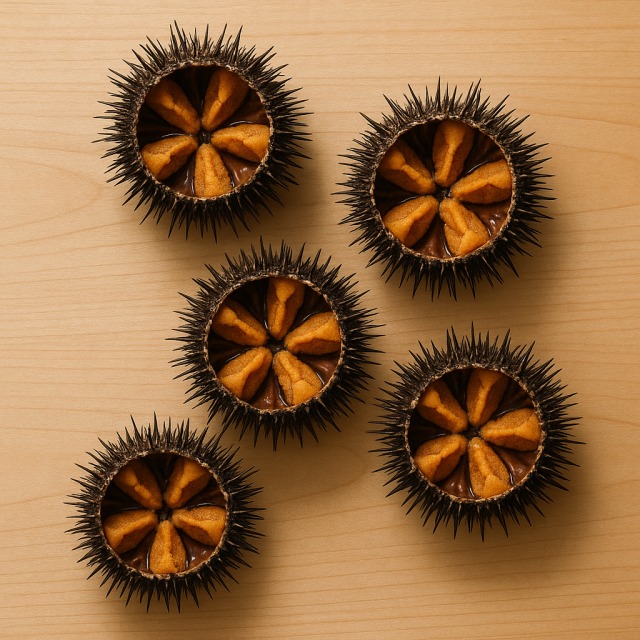
Sea urchins - 100g
Calories 95 kcal
Proteins 15 g
Lipids 2 g
Carbohydrates 0 g
Sea urchins are considered a moderate-calorie marine food, delivering valuable proteins with very little fat and no carbohydrates. This explains why nutritionists often recommend them when the goal is to watch calories without sacrificing taste. Their roe supplies vitamin A for vision and immunity, vitamin E with antioxidant properties, and a significant amount of iodine that supports proper thyroid function and therefore helps regulate energy expenditure and calories burned at rest.
Magnesium, zinc, and iron round off the mineral profile, contributing to normal muscle function and oxygen transport. Sea urchin roe is also a natural source of omega-3 fatty acids (EPA and DHA), nutrients associated with cardiovascular protection. Finally, gourmets will appreciate that this delicacy has been harvested since antiquity in the Mediterranean and is prized today in Japanese "uni" sushi: a fascinating history for a food that provides flavor without excessive calories.
Tips for incorporating sea urchins into a balanced diet
Thanks to their refined flavor and modest calories, sea urchins can replace butter or cream in a lemony toast topping: simply mix the roe with a squeeze of lemon and a drizzle of olive oil. For a balanced starter, serve them over steamed asparagus; the vegetable fiber increases satiety while keeping overall calories low.
Fans of Japanese cuisine might spoon fresh roe onto a bowl of vinegared rice, alongside a few slices of salmon sashimi for extra proteins. In Italian-style dishes, fold sea urchin into hot pasta with garlic and parsley: the creamy texture coats the noodles without the high calories of a classic cream sauce. Finally, if you enjoy shellfish platters, alternate sea urchins with raw oyster and a wedge of grapefruit; the citrus brightens flavors while its vitamin C assists iron absorption from the seafood.
Frequently Asked Questions
- How many calories are in sea urchins?
- There are 95 kcal per 100 g.
- Are sea urchins suitable for weight-loss diets?
- Yes. Their moderate calories, high proteins, and negligible carbohydrates make them easy to integrate into hypocaloric meal plans.
- Which nutrient dominates in sea urchins?
- Protein is the main macronutrient, providing about 15 g per 100 g while keeping calories under control.
- Do sea urchins contain omega-3 fatty acids?
- They do. Although the quantity is lower than in fatty fish, the omega-3s present help balance a diet focused on good calories and heart health.
- How should I store fresh sea urchins?
- Keep them on ice or in the coldest part of the refrigerator and consume within 24 hours; freshness preserves taste and nutrients and keeps calories unchanged.
Similar foods
Information provided by Calorie Menu may contain inaccuracies or errors. It cannot, under any circumstances, substitute medical advice or medication.
